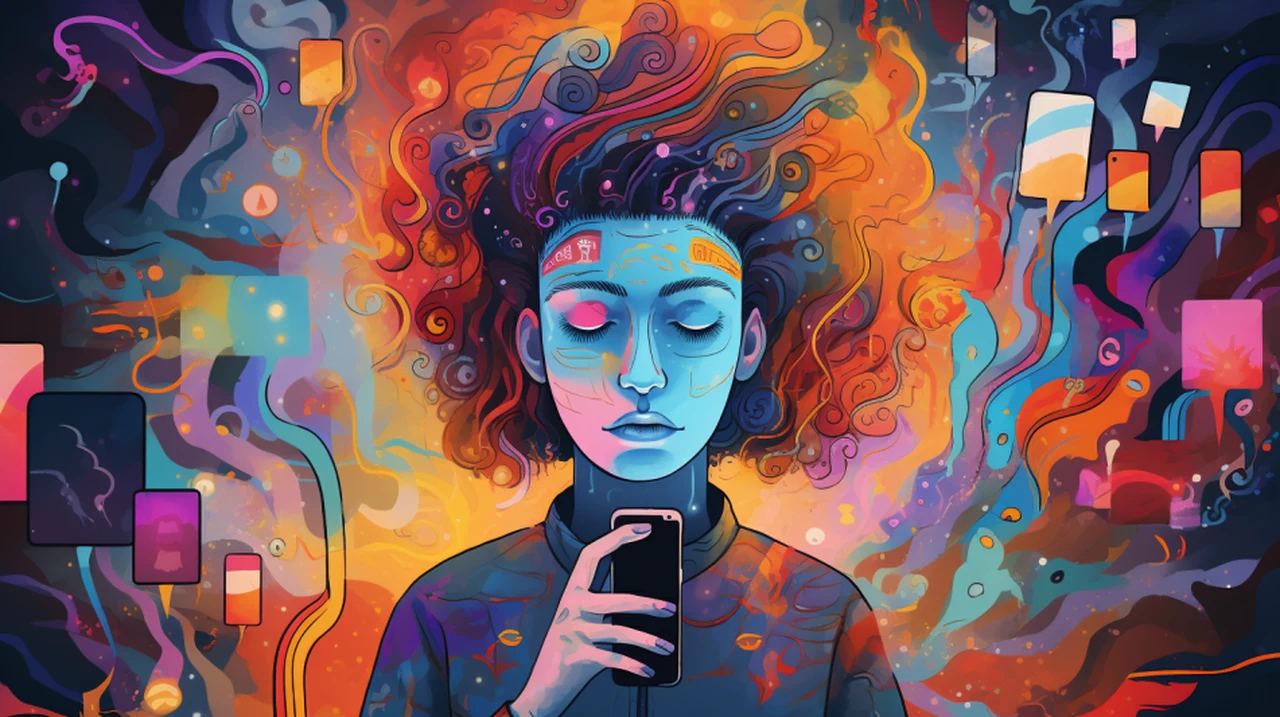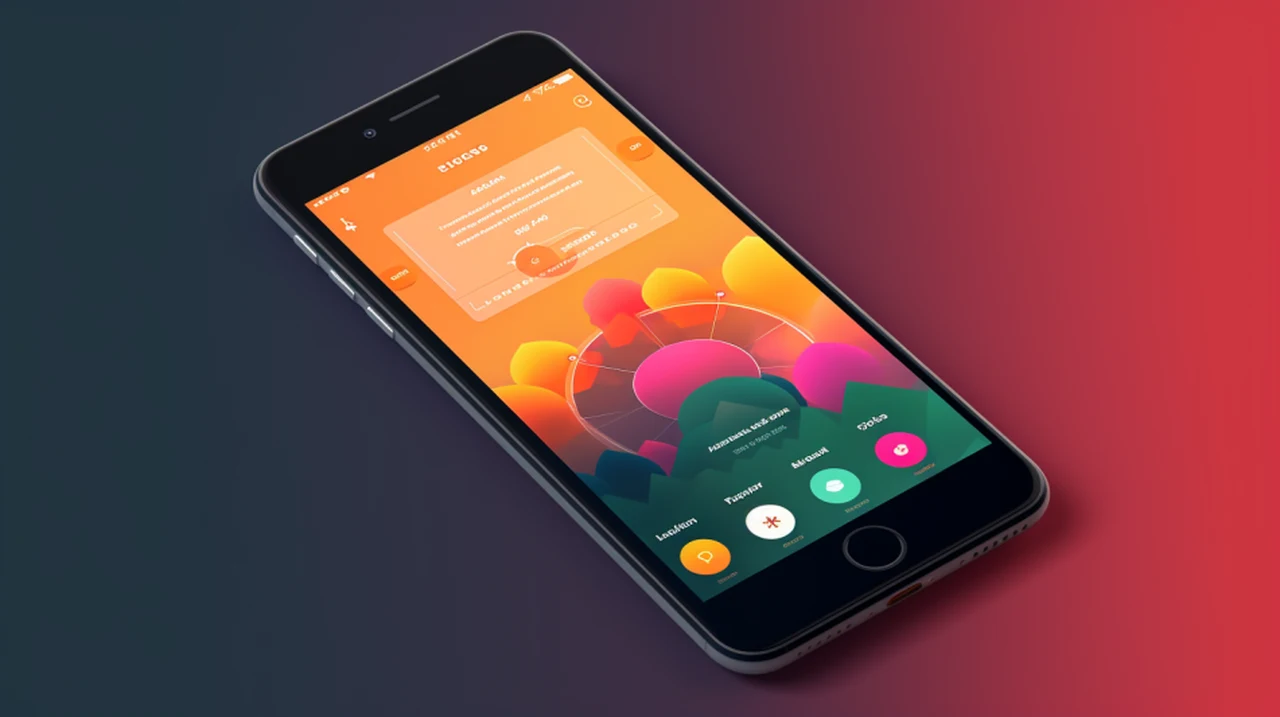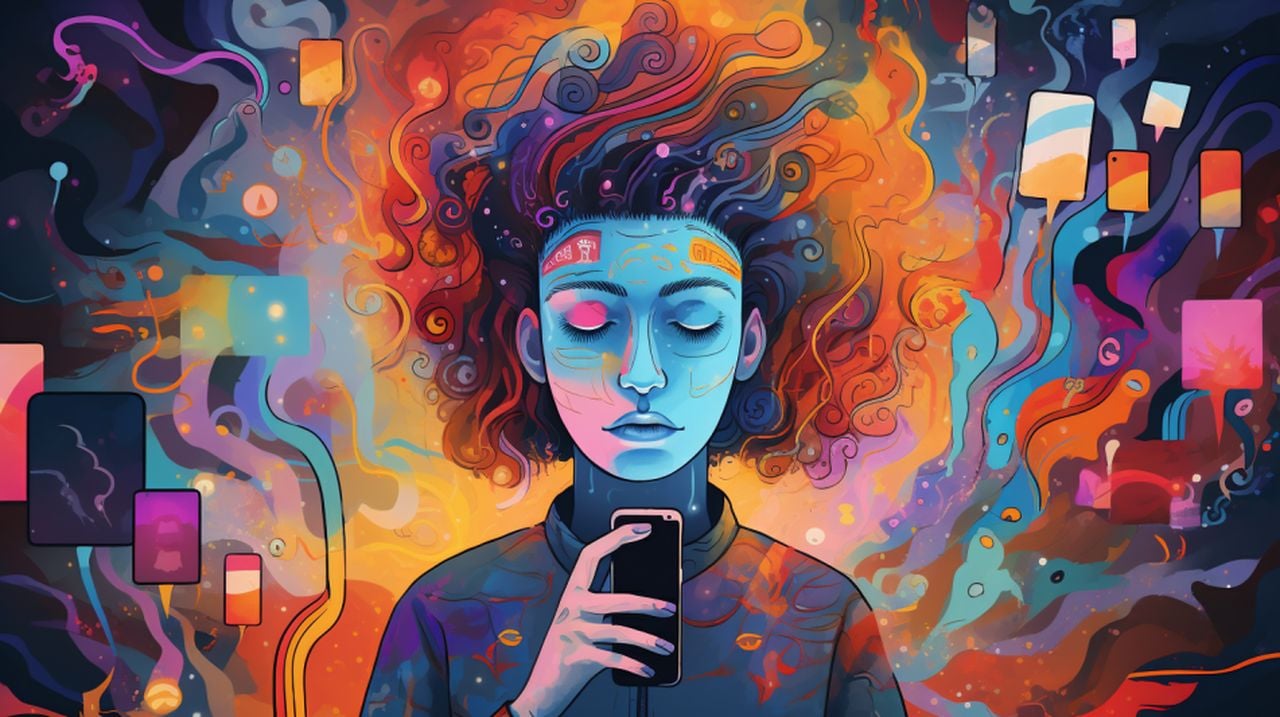
Mental health apps have provided a convenient and accessible way to manage mental health. Apps like Betterhelp and Calm have provided users with an outlet to discuss their feelings and understand their emotions better. Despite how these platforms might seem harmless, growing concerns exist about how these apps can compromise users’ personal data.
In an article, Private Internet Access discussed the dangers of using mental health apps and uncovered how plenty of mental health apps have harvested user data. The research revealed that over 80% of tested apps collect users’ data without disclosing what this data is used for.
How do mental health apps collect personal data?
The collection of personal data by mental health apps is a growing concern, given the rapid growth of the global mental health apps market. In 2022, the Global Mental Health Apps Market was valued at a staggering USD 5.2 billion, and it’s projected to soar to an estimated USD 17.5 billion by 2030. This massive market expansion underscores the importance of understanding how these apps collect and utilize personal data.
Mental health apps collect a wide range of data, including your personal information. This includes your name, email address, and date of birth. However, what’s most concerning might be that these apps could also track your medical and health data like your mood, your sleep schedule, and possibly even your anxiety levels. In addition, they can often track your device usage and behavioral data, such as how often you interact with the app and your location.

This data can be valuable to app developers and third parties, as it can be used to personalize ads, develop new products and services, and conduct research. However, it is essential to note that you may not be aware of or consent to the full extent of data collection when using mental health apps. After all, how many of us actually read the terms and conditions when signing up for an app or service?
What do mental health apps do with your personal data?
Many mental health apps share your data with third parties, such as their developers and advertisers. In their defense, these companies do so to be able to provide a better experience for their users. By tracking their users’ habits, app developers can understand how their apps are being used and identify any issues within the app.
While collecting certain amounts of data might be acceptable, what’s most concerning for users is that this sort of data sharing and collection may occur without their knowledge or consent. For example, a mental health app that helps you track your mood may share your data with an advertising company that targets you with ads for antidepressants. Or, a mental health app that helps you manage your anxiety may share your data with a data broker that sells your information to insurance companies. This is a gross invasion of privacy.
Tips for users who want to protect themselves from data breaches while using mental health apps
First and foremost, it’s important to research the app thoroughly before downloading it.
Look for reviews, information about the app’s privacy policy, and any news articles or reports about the app’s security. If you can’t find any information about the app’s security or privacy practices, it’s best to err on the side of caution and avoid using the app.
When you download a mental health app, read the privacy policy carefully. Ensure you understand what data the app collects, how it’s used, and how it’s stored. If the app collects more data than you’re comfortable sharing, consider using a different app.
Another critical step in protecting yourself from data breaches is to use a strong, unique password for the app. Avoid using the same password for multiple apps, and don’t use passwords that are easy to guess. Enabling two-factor authentication for the app, if it’s available, is also a good idea. This adds an extra layer of security by requiring a code and your password to log in. If someone else tries to log in to your account, they will need the code to be able to do so.
Finally, be vigilant about monitoring your accounts and data. Check your app settings regularly to ensure your data is still used as intended. If you notice any suspicious activity, such as unauthorized logins or changes to your account, report it immediately to the app’s support team.
Filed Under: Guides, Top News
Latest timeswonderful Deals
Disclosure: Some of our articles include affiliate links. If you buy something through one of these links, timeswonderful may earn an affiliate commission. Learn about our Disclosure Policy.

